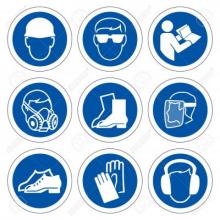THE CORONAVIRUS LOCKDOWN SEES DOMESTIC VIOLENCE AGAINST WOMEN SURGE
Abusive men are using coronavirus as an excuse for domestic violence, campaigners have warned, as horrifying new figures reveal men are killing women and girls at a rate of almost one a day since the lockdown began. This represents a doubling of the average rate of deaths and highlights the extreme danger faced by women and girls trapped in the same house as violent partners and other male relatives.







